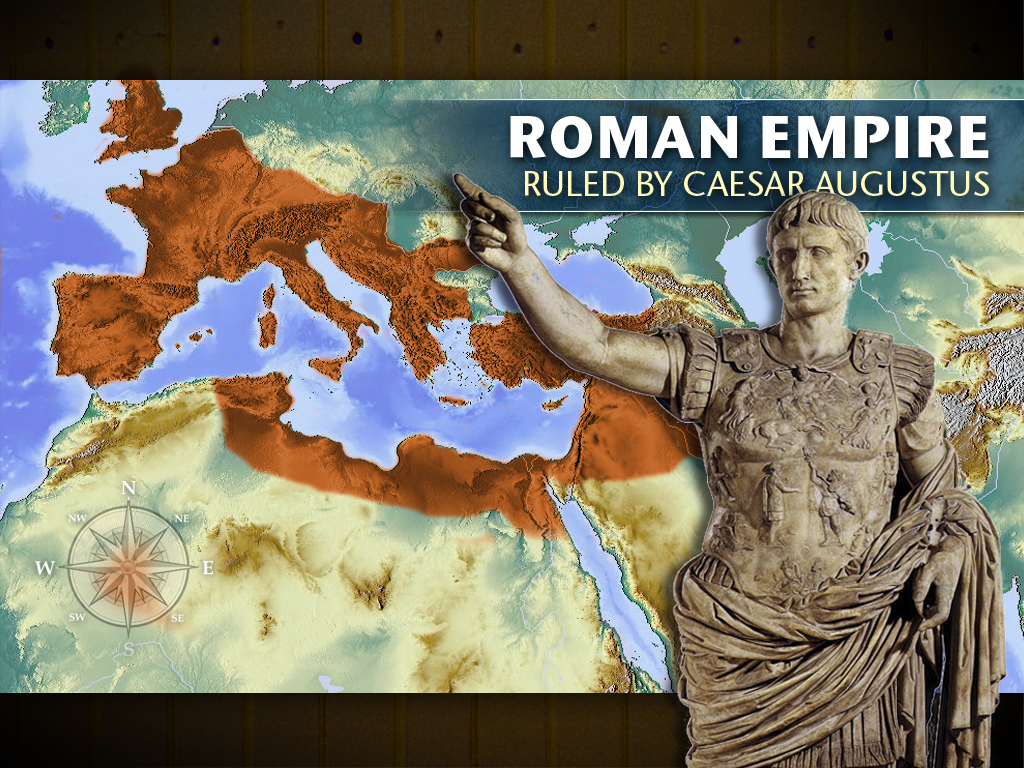International Law is of recent origin, being only a little more than three hundred years old. Its fundamental principles, however, have their origin much earlier; some can be traced to have prevailed even in the post-Vedic period in India.
Lawrence who has made a special study of its recent development divides it into three periods.
ADVERTISEMENTS:
The first embraces the period from the origin of the European civilisation till the beginning of the Roman Empire. The second period covers the period from the Roman Empire to the Reformation and the third extends from that date up to the present time. Though the history of international relations is divided into three periods, yet the earlier periods are really the basis of the later periods.
First Period to the Beginning of the Roman Empire India knew much of International Law when the rest of the world was in a state of barbarism. In the post- Vedic period there existed a regular code according to which wars were declared and fought, treaties and alliances negotiated and concluded, and ambassadors accredited.
In the European countries among the earliest peoples, about whom History gives us authentic information, there were no mutual claims and duties except between the communities which were bound to one another by bonds of common descent and common language.
There was perpetual hostility between tribes alien to one another, and “war was declared without ceremony and carried on without mercy.” The Greeks even regarded their neighbours as “barbarians” to whom they owed no duties. The vanquished were rendered slaves and Aristotle too supported the institution of slavery.
ADVERTISEMENTS:
The real contribution of the Greeks was the Maritime Code, that is, rules governing inter-state commerce. They also, in a rudimentary way, recognised “the law of mankind”, which established a vague system of the protection of envoys, obligations of alliances and sanctity of treaties. This contribution of the Greeks, though negligible, is regarded Law by Gilchrist as tangible, which helped the development of International Law.
The Romans, too, before they became an Empire, occupied the same isolated position as the Greeks. But in the early period of Rome’s Republican History there existed laws called jus fetiale.
The jus fetiale contained precepts about war and peace and was enforced by a semi-religious college. But the real contribution of Rome in the development of International Law was the jus gentium or law of nations.
The jus gentium was a code of regulations applied to the dealings of citizens belonging to different nations. It took its name, most probably, from the fact that its rules were presumed to consist of principles of conduct common to the laws of all nations.
ADVERTISEMENTS:
Second Period Roman Empire to the Reformation with the spread of the World Roman Empire there was no development in international relations. The idea of a common superior supreme over all the political sub-divisions of the world was accepted.
Even after the fall of the Roman Empire the theory of a common superior persisted till the Church presented itself as a rival power. With the emergence of the Church as a power “it became necessary in theory to divide universal dominion between the secular and the spiritual sovereigns whose conflicting pretensions helped to break down the conception of a single final authority.”
With the decay of the idea of single authority arose other influences which helped the development of international law. The feudal system brought in the concept of territorially independent States.
The revival of commerce and the growth of practically independent cities led to the recognition of maritime codes regulating their dealings. The Consolato del Mare, formulated probably in the twelfth century and observed by all the Mediterranean powers, contained rates regarding peace and war, rights of neutral States, prize law, and navigation. Christianity had taught to the people humane methods of warfare.
The savagery of the European wars helped to develop international law as a means of alleviating the horrors of war. For the first time jurisprudence was separated from theology and ethics in De Juri Belli (The Laws of War, 1598) by Alberico Gentili, Professor of Civil Law at Oxford.
In 1625, Hugo Grotius, the Dutch scholar, formulated the doctrine of International Law with clarity and attempted to analyse international practices in his famous book, De Juri Belli ET Pads (On the Law of War and Peace).
Grotius did not claim any originality, but by combining natural concepts of reasons and justice with the natural practices of States throughout the period of human history revived the study of Roman Law, with the jus gentium as its basis.
Third Period reformation to the Present Day: With the emergence of independent national States organised on a territorial basis, new rules of mutual intercourse in peace and war were evolved and the inevitable outcome was the formulation of new international principles.
Modern international law is essentially the product of this period and the result of the teachings of Hugo Grotius. Hugo Grotius emphasised two fundamental doctrines:—
(a) All States are equally sovereign and independent.
(b) The jurisdiction of the State is absolute over its entire area.
Here is the modern idea of the State, sovereign both in its external and internal aspects, and it is on this basis that modern International Law has developed. Grotius built his thesis on the universally accepted theory of the law of nature. In the Peace of Westphalia (1648), which created modem Europe, the leading principles of Grotius were recognised.
Many writers subsequently contributed to its development and International Law is now accepted as a special branch of law. They furthered the work of Grotius by codifying the customs of nations and pointing out the differences between good and bad practices.
The history of international relations from 1648 to our own time makes clear the increasing definiteness of International Law. It covers most of the problems of peacetime and defines the rights and duties of belligerents and neutrals during war-time.

